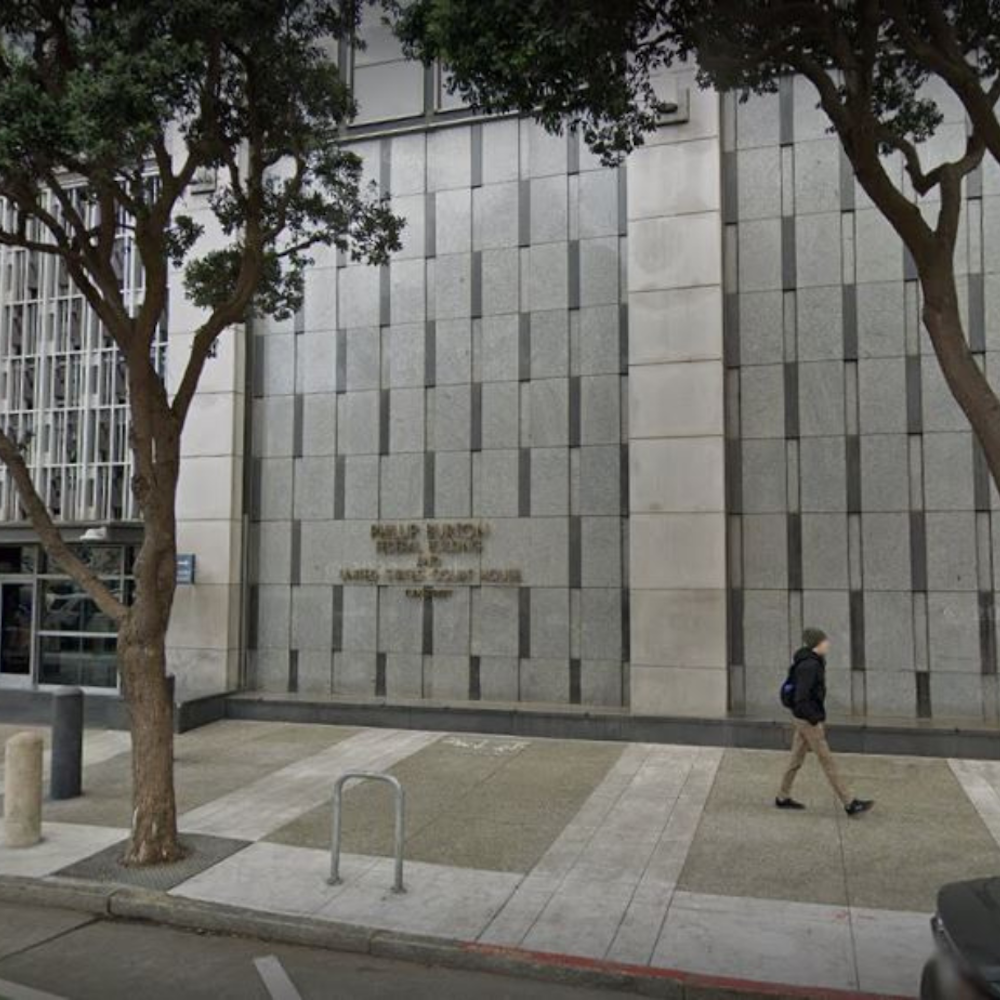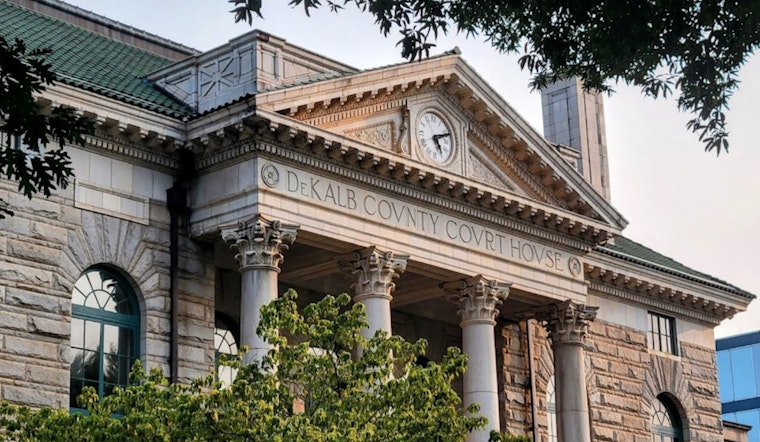
Three district attorneys in Georgia have stepped up their legal battle against a commission that they argue limits their prosecutorial powers. The suits, launched Tuesday in Fulton County Superior Court, take aim at the Prosecuting Attorneys Qualifications Commission, a group the Republican-controlled legislature brought back into operation, as reported by WABE.
Sherry Boston of DeKalb County, Jared Williams of Augusta and Burke County and Jonathan Adams, who hails from Butts, Lamar and Monroe counties, are at the forefront of this challenge; they assert that the commission's actions are not only a violation of the U.S. and Georgia constitutions, but also a direct attack on Fulton County District Attorney Fani Willis' ongoing prosecution of former President Donald Trump, the commission itself got underway April 1 after Governor Brian Kemp signed off on a legislative tweak removing the Georgia Supreme Court's chokehold approval requirement.
Democrats and legal experts have panned the commission as a covert attempt to undermine not just Fani Willis, but also the foundational principles of prosecutorial discretion. Describing the commission as a "shameless" Republican maneuver, Boston insisted in a statement obtained by WABE, "We will continue to push back against this shameless attempt by state Republicans to control how local communities address their public safety needs and work to restore that power to Georgia voters."
The litigants argue that the law disrupts the balance of powers, it forces district attorneys to consider cases individually instead of allowing them the policy-based prerogative to dismiss whole categories of crimes. Pivoting to the First Amendment, the suit claims that by stifling discourse on prosecution approaches during electoral campaigns, the commission is undermining voters’ ability to properly evaluate candidates, according to the filing, the law's viewpoint discrimination favors a narrative of harsher prosecution, disfavors progressive stances, and thus runs afoul of constitutional rights.
The district attorneys further contend that the 10-year ban on removed prosecutors from seeking office again is unlawful, as is the commission's failure to consult state agencies or solicit public feedback when writing its rules. Parallel attempts to curtail prosecutorial independence in states like Tennessee and Florida have met stiff resistance and legal roadblocks as judges there have knocked down overreaching legislation.
In the evolving landscape of prosecutorial autonomy, the push and pull between legislative authority and judicial discretion continues to define and test the tenets of American justice. While the Georgia prosecutors wage their constitutional battle, observers from across the nation watch, their interest piqued by the implications such disputes hint at for the broader crusade of criminal justice reform.


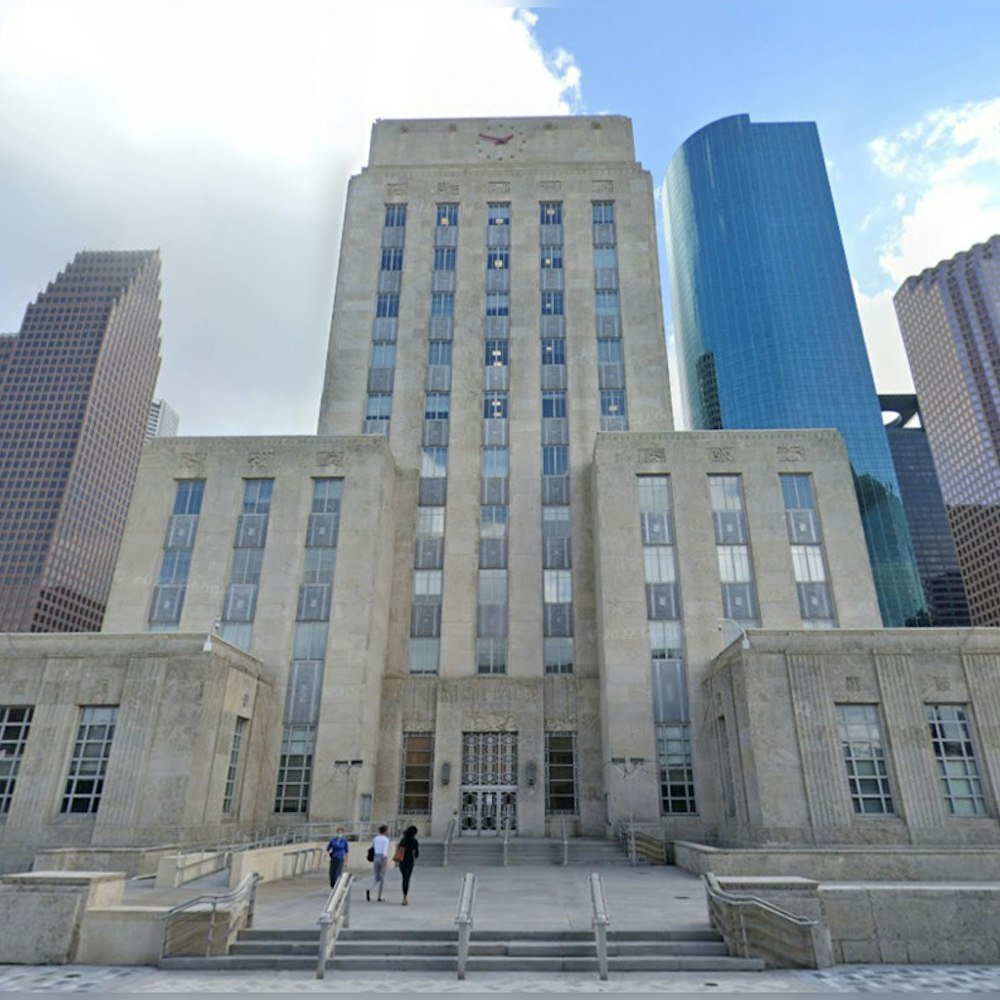


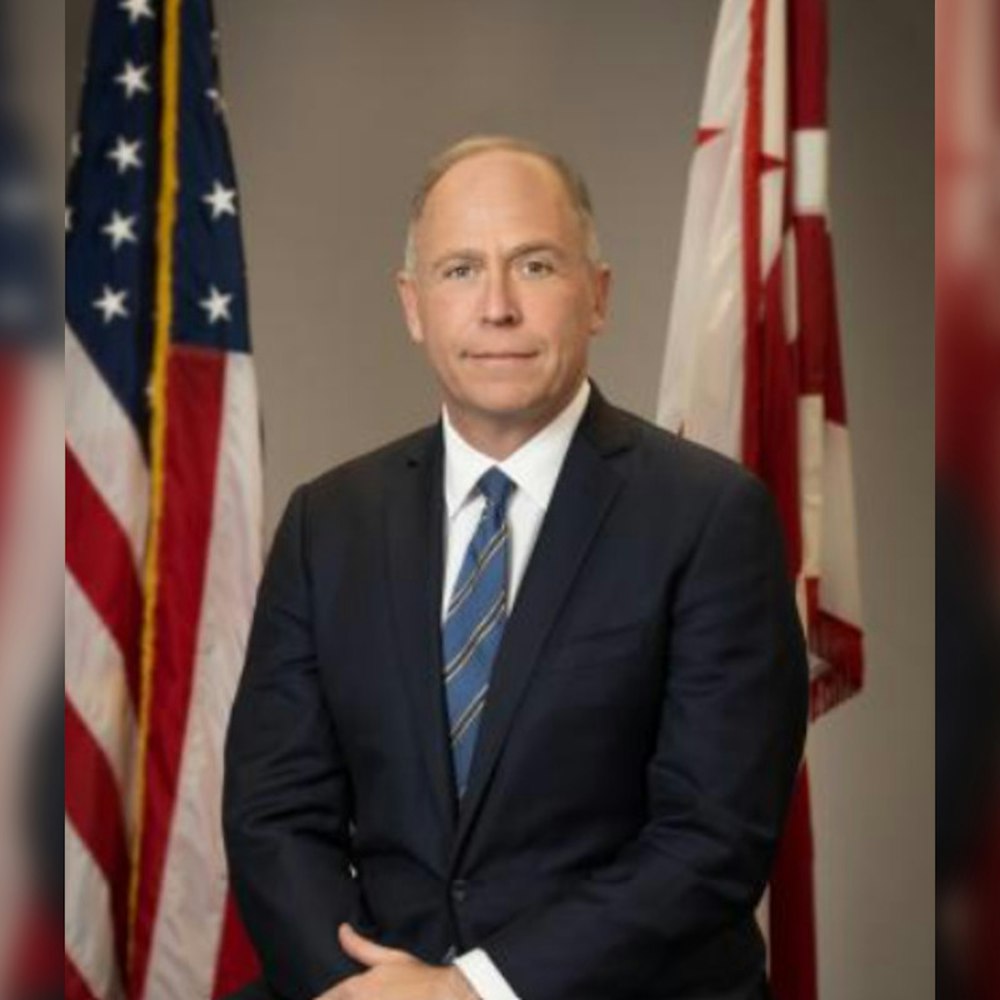
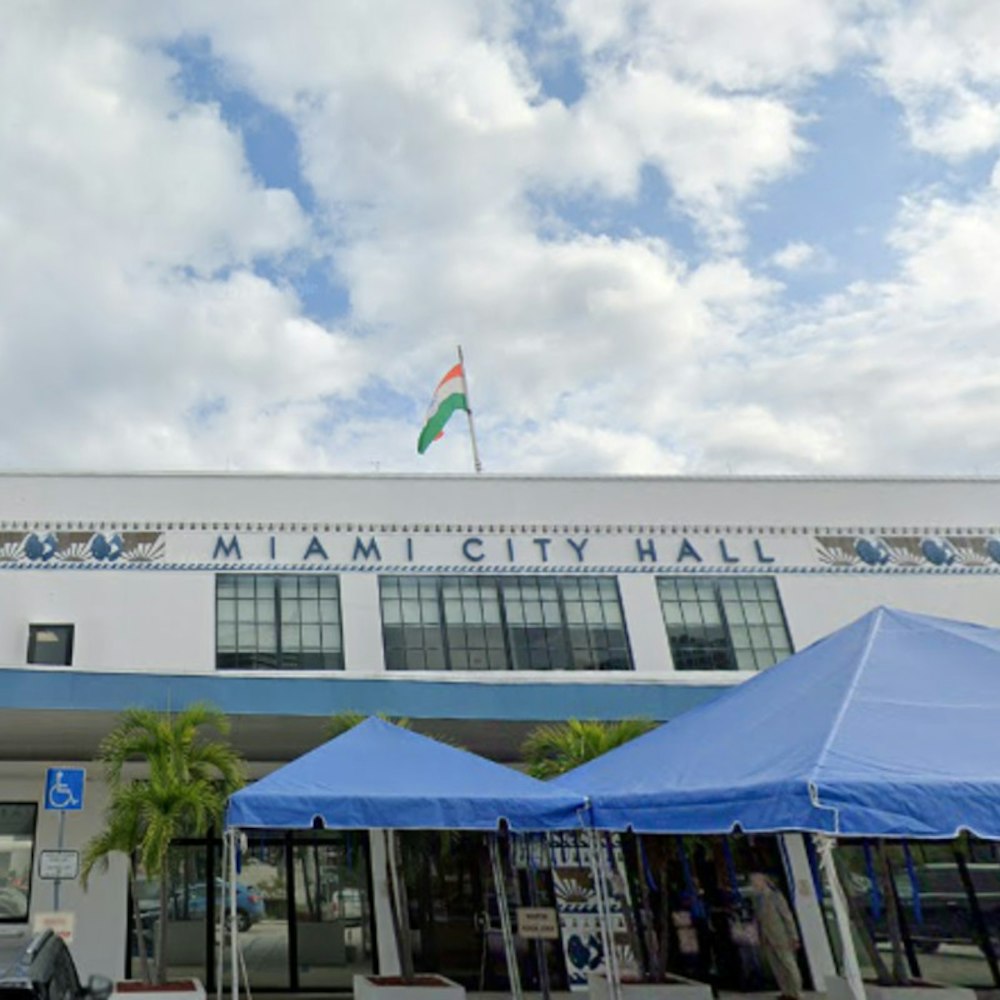

-1.webp?w=1000&h=1000&fit=crop&crop:edges)
